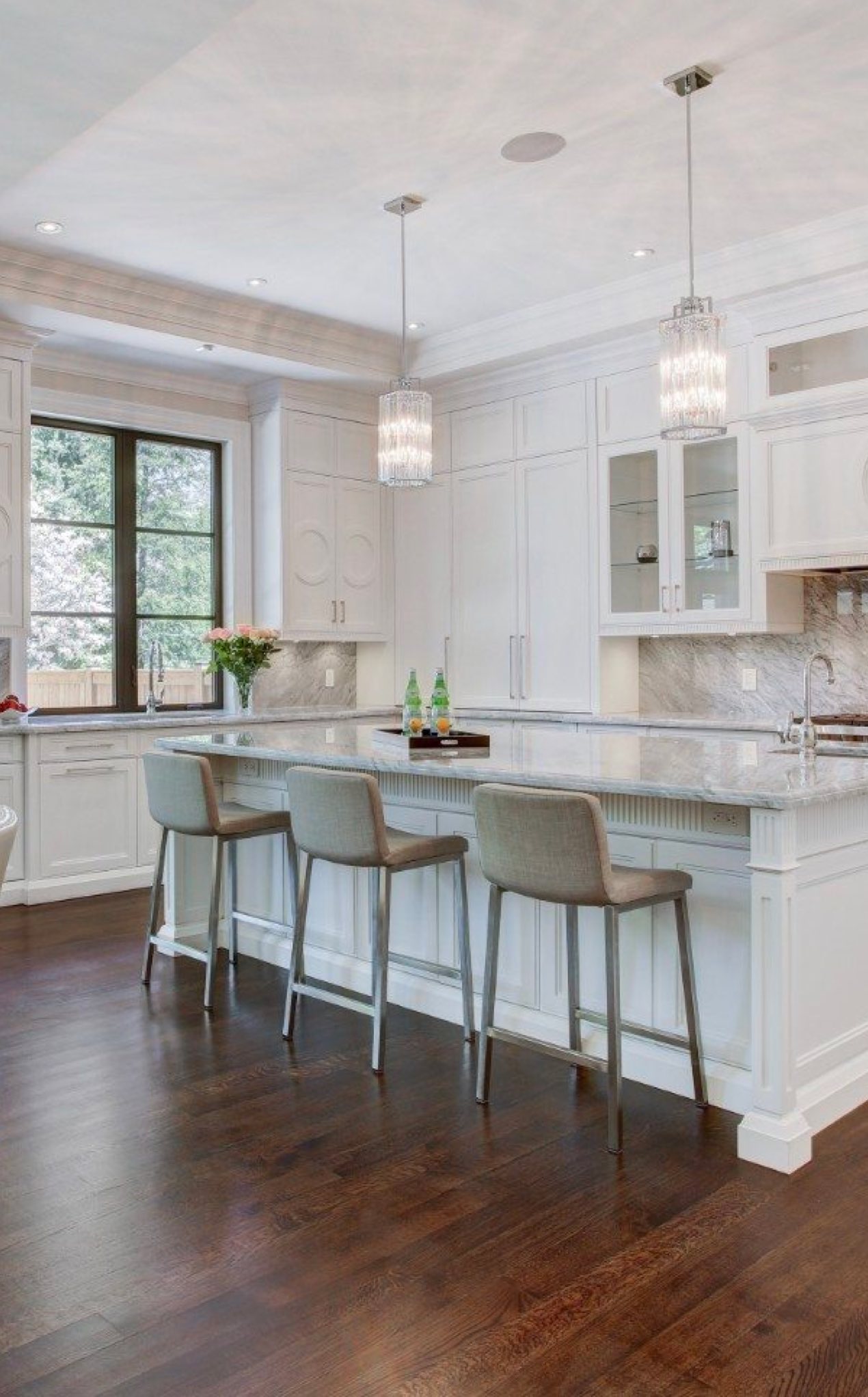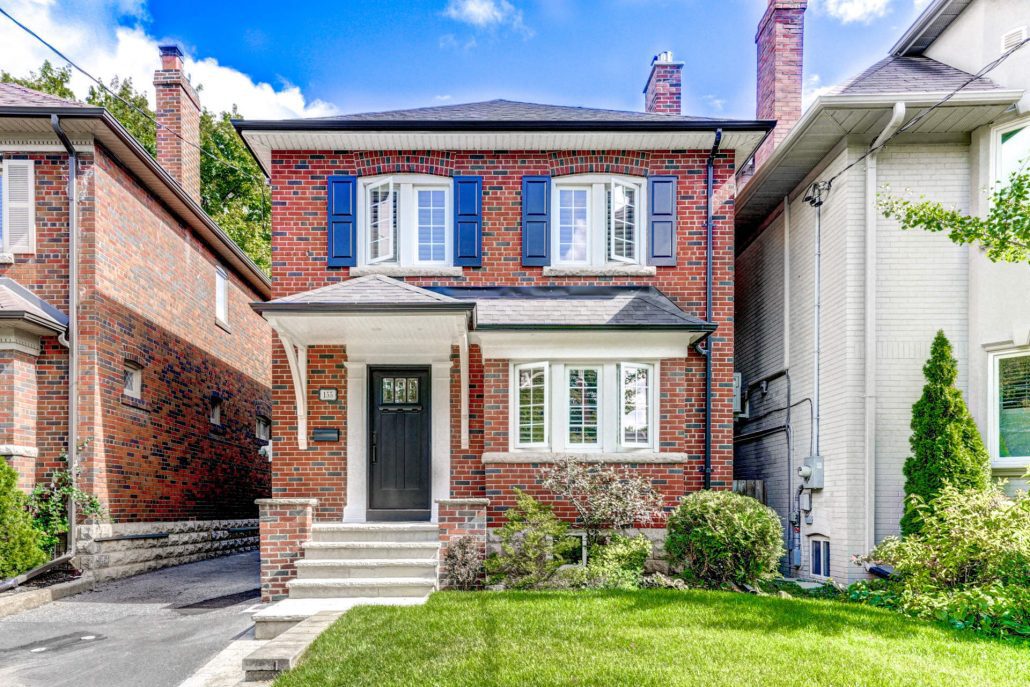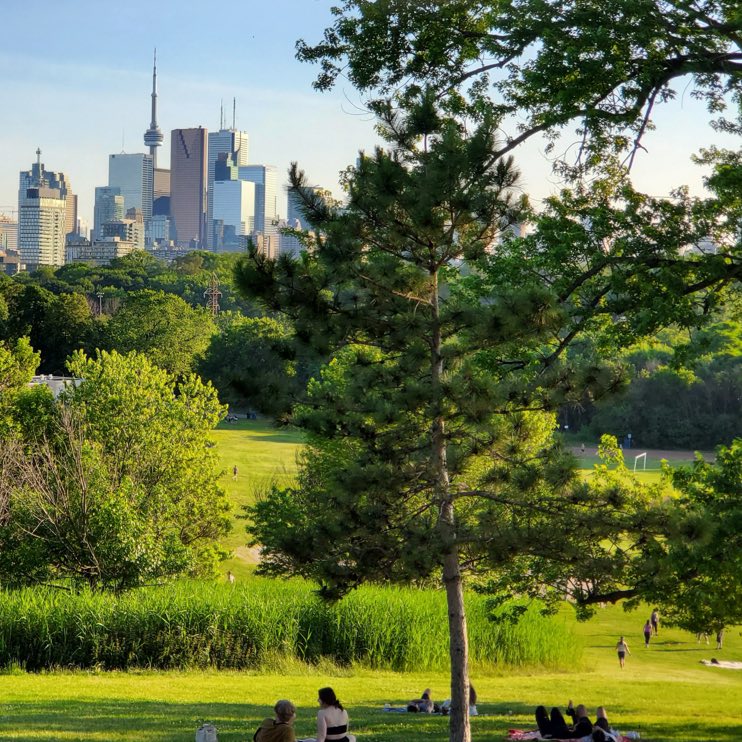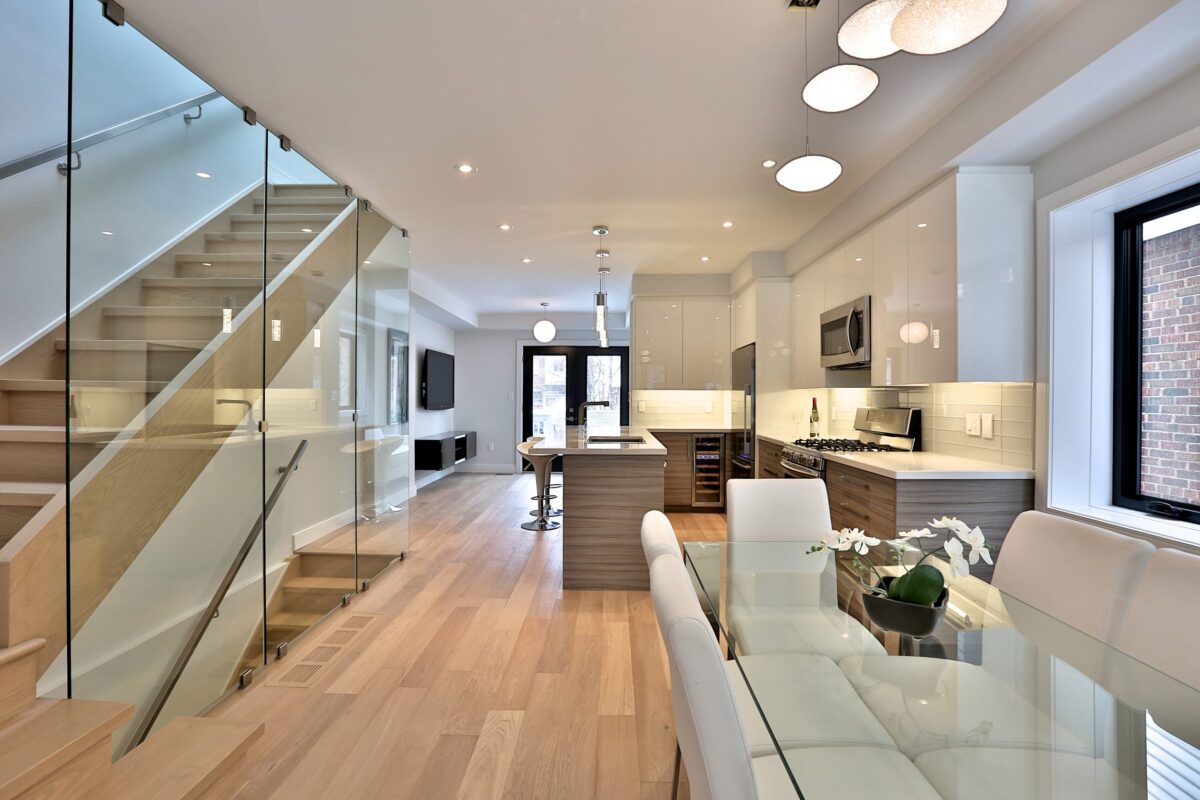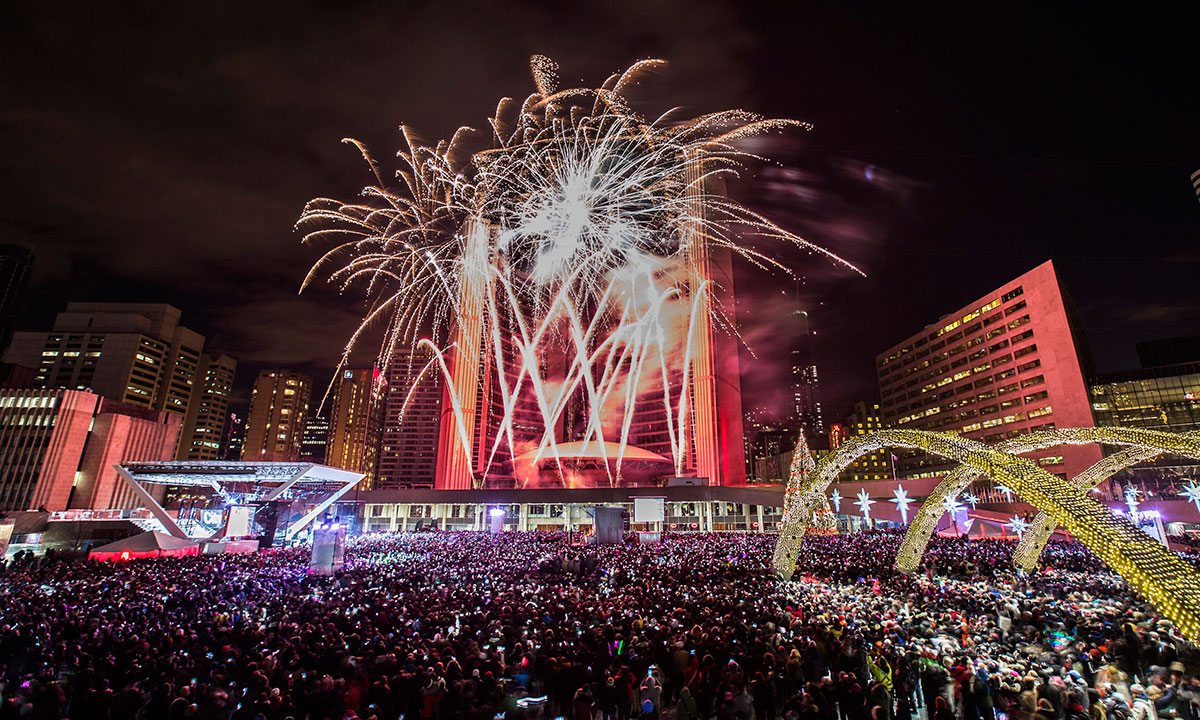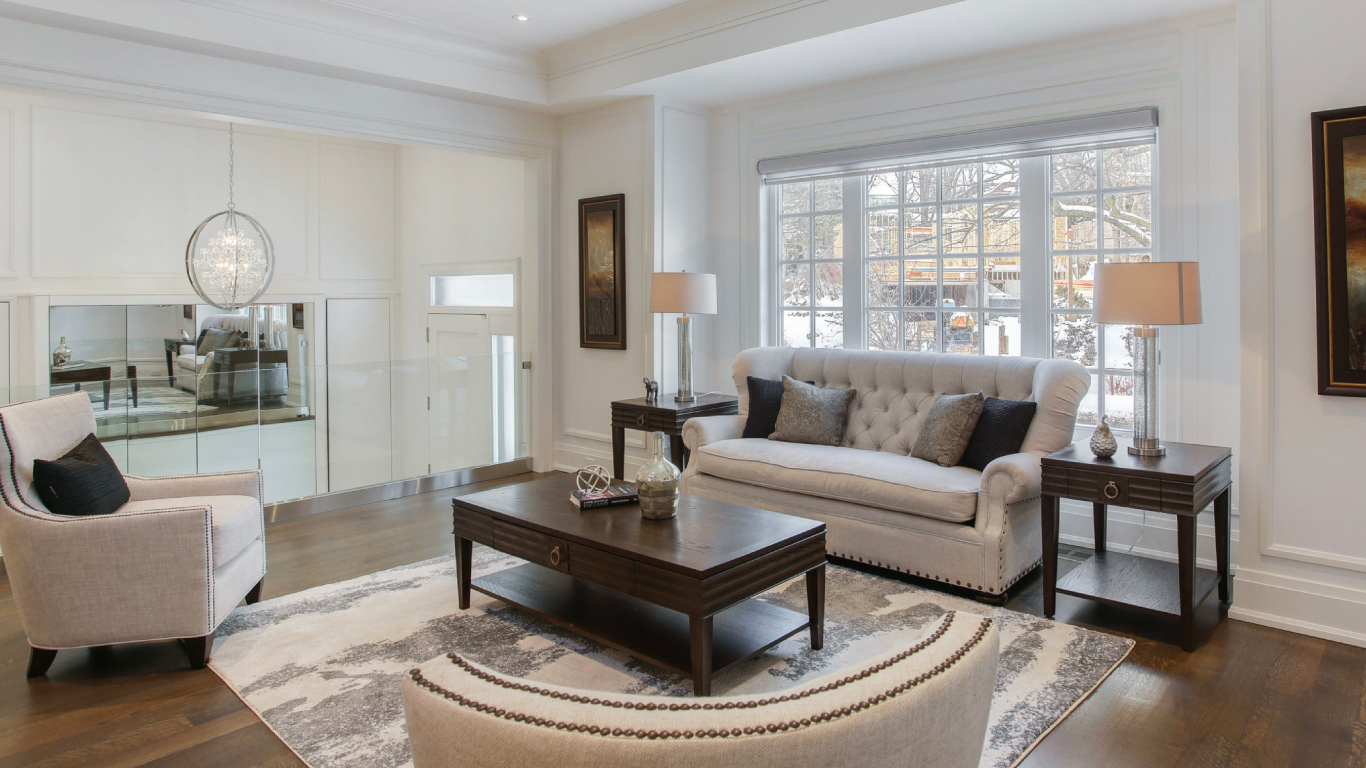If you’ve ever browsed Toronto real estate listings and spotted words like “charming fixer-upper” or “needs TLC,” you might’ve thought: This could be our chance. A detached home in a great neighbourhood that just needs a little work — how hard can it be?
But here’s the truth: in 2025, buying a renovation property in Toronto isn’t automatically a deal. It’s a serious financial and emotional commitment — and for the right buyer, it can be absolutely worth it. You just need to go in with your eyes wide open.
In this post, I’m sharing exactly what it costs to buy and renovate a Toronto home right now — based on real numbers, real timelines, and real homeowner experiences.
Please check these links if you need more insights:
- 6 Top 6 Renovation Tips for Toronto Homeowners (2025)
- Renovating in Toronto (2025): What You Need to Know Before You Start
The Purchase Price: What You’re Really Paying For
Toronto homes that need work are still expensive. You’re not paying for the finishes — you’re paying for location, lot size, school zones, and zoning opportunity.
Current price ranges (2025):
- High Park, Roncesvalles, Swansea:
Unrenovated 3-bedroom homes typically sell for $1.4M–$1.7M. Wider lots can go above $2M. - Leaside, Davisville, Sherwood Park:
Fixer-uppers in these high-demand areas go for $1.8M–$2.2M. These are “land value” plays. - East York, Don Mills, North York:
Older bungalows needing full renovation start at $1.2M–$1.5M, depending on the lot and area.
Even homes that haven’t been touched in decades are commanding high prices — because the real value is in the land and location.
Renovation Costs in 2025: Real Numbers
Once you buy the home, here’s what you can expect to spend:
- Cosmetic Refresh (paint, flooring, lighting):
$100–$150/sqft → $80K–$120K for a small home - Full Gut Renovation (kitchen, bathrooms, HVAC, insulation, windows):
$250–$350/sqft → $500K–$700K for a standard 2,000 sqft house - Structural Work or Additions:
$400–$600+/sqft — includes extensions, underpinning, second-storey additions
And then there are the soft costs: architectural drawings, permits, engineers, arborists, zoning consultants, etc. These add another $30K–$50K+, depending on complexity.
Don’t Skip the Buffer
Almost every project runs into surprise costs. That’s why a 15–20% buffer should be factored into your renovation budget.
If your renovation is quoted at $400,000, you need to be financially ready for $460,000–$480,000. This covers delays, material price increases, and unforeseen issues behind the walls.
It’s not optional — it’s essential.
Timelines: It’s Never “Quick”
- 2–3 months: Architectural plans, permits, city approvals
- 6–9 months: Full gut renovation
- 12–18 months: Additions or custom builds
Delays from protected trees, Committee of Adjustment meetings, or inspections are common and can add months to your timeline. All while you’re covering mortgage payments, rent, and possible storage.
What Homeowners Regret Most
Based on dozens of Toronto renovation stories, here’s what people often wish they knew:
- How emotionally draining the process is
- How much decision fatigue kicks in mid-project
- How important it is to check contractor references thoroughly
- That it’s often easier (and cheaper) to move out during the reno
Many buyers underestimate not just the cost — but the emotional bandwidth required.
When a Renovation Makes Sense
Renovating makes sense when:
- You’re buying in a long-term, desirable neighbourhood
- You have the budget and cash flow to finish comfortably
- You want something tailored — layout, finishes, lifestyle
- You’ve run all the numbers and understand the timeline
It does not make sense if:
- You’re maxing out your mortgage to buy and build
- You’re relying on HGTV timelines and costs
- You hate surprises or prolonged stress
How I Help Buyers Avoid Mistakes
My job is to help you understand the full picture before you make an offer — not just the listing price, but what comes next.
That includes:
- Strategic purchase planning
- Renovation budgeting with real numbers
- Zoning checks and bylaw review
- Introductions to vetted contractors, engineers, and permit specialists
When you have the right team and the right plan, a renovation property becomes a smart move — not a stressful gamble.
If you’re thinking of buying a home to renovate in Toronto, and want honest, grounded advice from someone who knows both the real estate and construction side — let’s talk.
